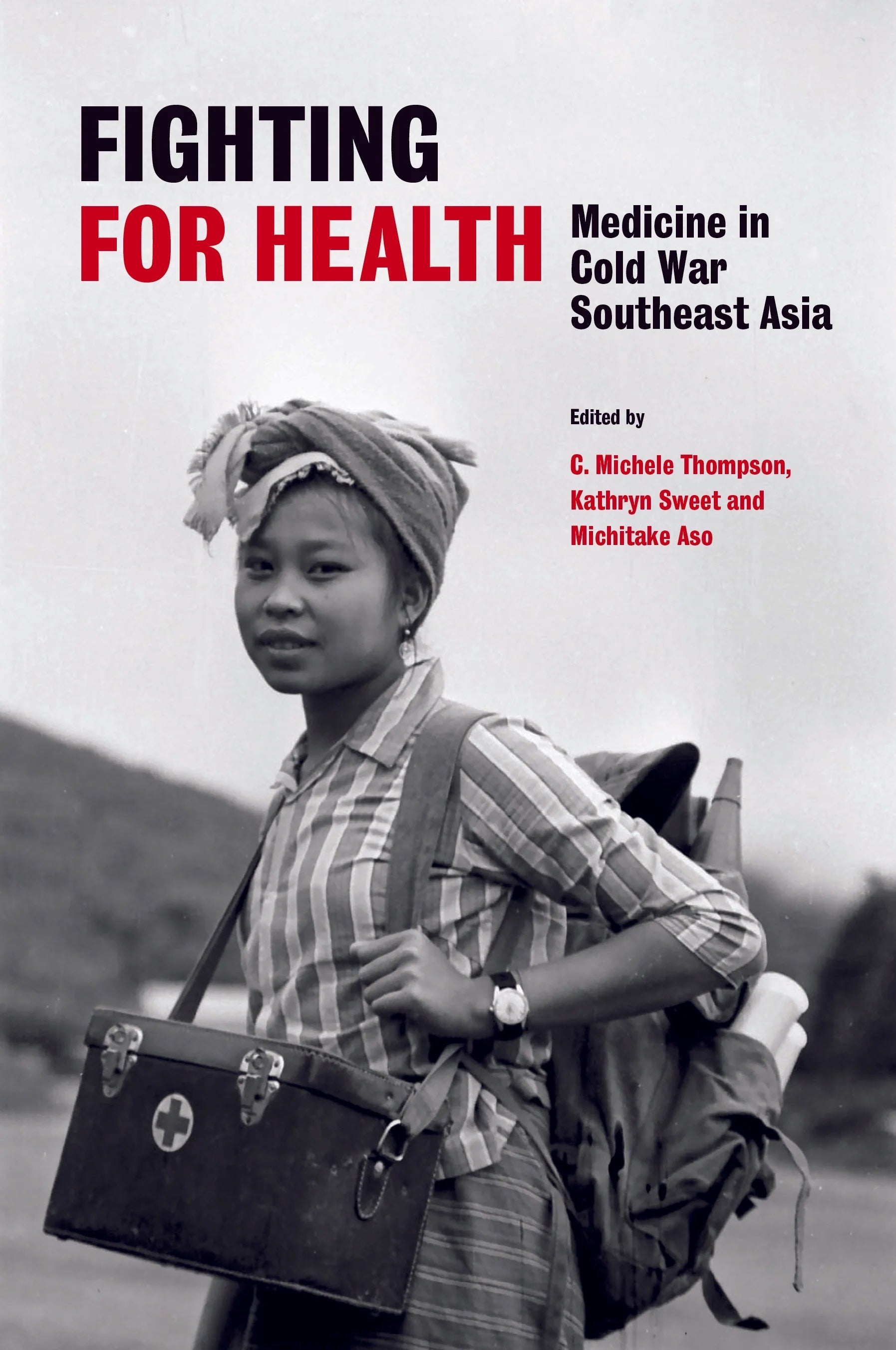
- Description
- Praise
- About the Editors
-
For far too long, Southeast Asia has been treated as a static backdrop for the exploits and discoveries of Western biomedical doctors. Yet, Southeast Asians have been vital to the significant developments in the prevention and treatment of diseases that have taken place in the region and beyond.
Our volume focuses on Southeast Asia during the Cold War because this was a time when many of the institutions and people that have shaped the subsequent responses to outbreaks, epidemics, and pandemics first developed. In other words, the Cold War framed many current trends in less than obvious ways.
The diversity of approaches to health and medicine in Cold War Southeast Asia also reminds us of the possibilities, and limits, of human intervention in the face of political, social, economic, and microbial realities. More than just a source of emerging infectious diseases, the people and places of Southeast Asia have provided a clinical trial for different health regimes.
This volume highlights new perspectives and methods that have evolved from research presented at regional conferences, including the History of Medicine in Southeast Asia (HOMSEA) series. These insights serve to challenge dominant models of the medical humanities that still ignore much human experience.
Contributors:
- Annick Guenel
- Christopher Shepherd
- John DiMoia
- Nara Oda
- Por Heong Hong
- Vivek Neelakantan
- Xiaoping Fang
-
“This is a wide-ranging, compelling, and skillfully edited collection at the cutting edge of new, transnational approaches to health in Southeast Asia. The chapters here show how central health has been to nation-building in Southeast Asia – and how crucial Southeast Asia has been to the politics of global health.”
—Sunil Amrith, Yale University“Fighting for Health does much more than offer the first history of medicine in Cold War Southeast Asia. As demonstrated by a fine collection of essays, the region provided a “clinical trial for a plurality of health regimes” that not only built on shortages and violence but on South-South medical solidarities and inter-Asia scientific networks. Health regimes we need to learn from to rethink global health.”
—Laurence Monnais, Université de Montréal, Canada“With its diversity of peoples, varied ecologies, multiple colonial regimes and nation-states, and heterogeneous health practices, Southeast Asia constitutes a crucial site for comparative history of medicine. In our pandemic era, Fighting for Health thus offers fresh insight into the historical complexities of disease emergence and outbreak endings. Everyone interested in health and disease in our fraught times has much to learn from these compelling stories.”
—Warwick Anderson, University of Sydney (author of Colonial Pathologies) -
C. Michele Thompson holds an MA in East Asian History and a PhD in Southeast Asian History. Her research and publications focus on the History of Medicine and the Environment of Southeast Asia.
Kathryn Sweet is a social historian of Laos whose research has focused on health, development and cultural issues of the twentieth century.
Michitake Aso is a global environmental historian whose research has focused on Vietnamese and French agriculture, medicine, and health in the nineteenth and twentieth centuries.
Cover Type: Paperback
Page Count: 296
Year Published: 2024
Size: 229mm x 152mm
Language: English
